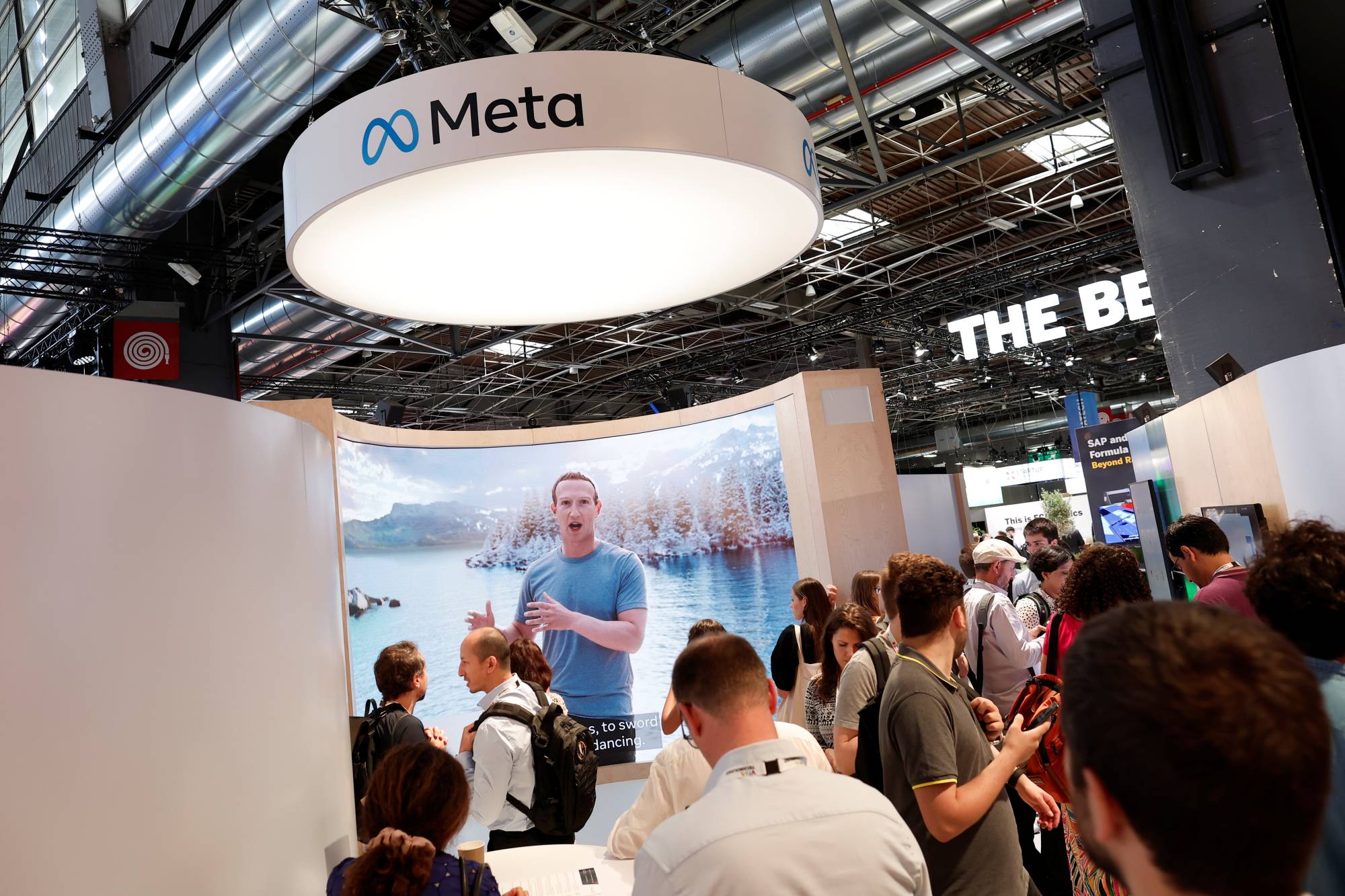Last October, when Mark Zuckerberg, the chief executive of Facebook, announced that the company would change its name to Meta and become a "metaverse company,” he sketched a vision of a utopian future many years off in which billions of people would inhabit immersive digital environments for hours on end, working, socializing and playing games inside virtual and augmented worlds.
In the year since, Meta has spent billions of dollars and assigned thousands of employees to make Zuckerberg’s dream feasible. But Meta’s metaverse efforts have had a rocky start.
The company’s flagship virtual-reality game, Horizon Worlds, remains buggy and unpopular, leading Meta to put in place a "quality lockdown” for the rest of the year while it retools the app.



